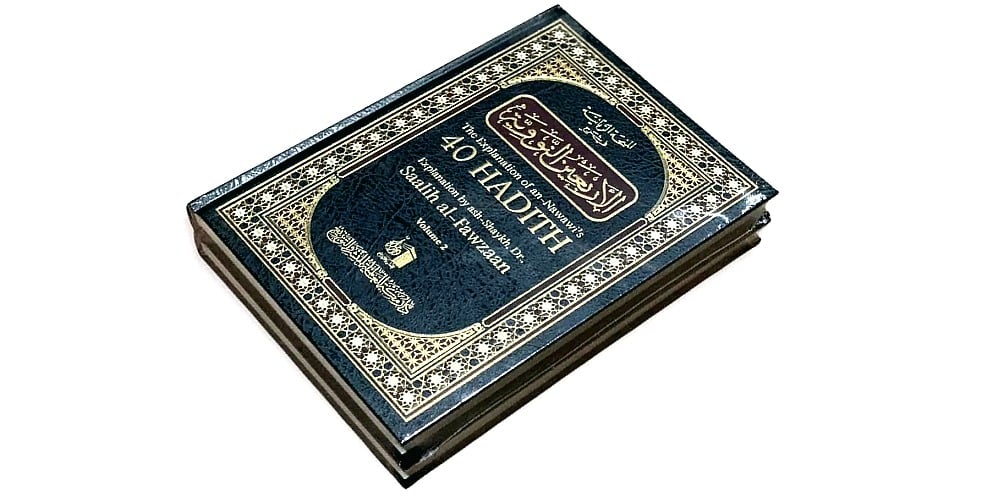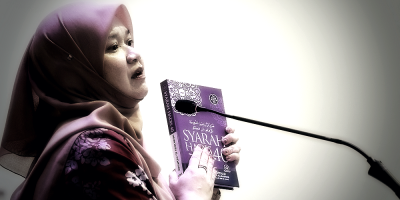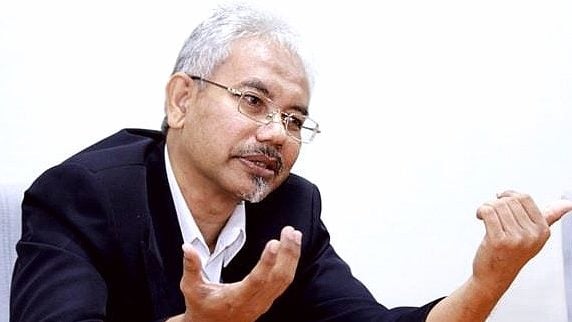Communication needs to be stepped up to forge a lasting spirit of mutual understanding.
The education ministry’s decision to introduce the “Imam Al-Nawawi’s 40 Hadith” appreciation module at public schools has recently cooked up a heated controversy in Malaysian society.
This has happened all because of miscommunication and nothing else, as the ministry did not clearly brief the public before putting the plan into implementation.
On Monday, deputy education minister Lim Hui Ying clarified that the “Hadith” module was only intended for the learning by Muslim students and would not be introduced to non-Muslim students.
If this is the case, why has the ministry decided to introduce the module at all public schools, including Chinese and Tamil primary schools? The answer is very straightforward: there are Muslim students in these schools!
“Imam Al-Nawawi’s 40 Hadith” was compiled by Syrian Islamic scholar Imam Nawawi (1233–1277) with the 40 Hadith from The Prophet Muhammad encompassing themes such as devotion, morality, faith, generosity and humility, among others. It has been widely adopted by religious scholars, teachers and believers through the ages, and has served as a guide for education and personal spirituality.
As deputy minister Lim has said, the “40 Hadith” is like the Chinese Di Zi Gui now widely learned by students throughout the world, as well as similar doctrines in Christianity.
And if this is the case, then the “40 Hadith” veritably has its value for public learning. But as it entails a sensitive religious issue, it should not be made compulsory for non-Muslim students, although those interested can take as an optional subject.

Minister of Science, Technology and Innovation Chang Lih Kang said it was a lapse of duty on the part of the government for not adequately communicating the message to the public resulting in unnecessary concern in non-Muslim communities.
He asserted that in the country’s education system, Muslim students will take religious classes while non-Muslim students learn moral education.
As a matter of fact, the education ministry has earlier clarified in a statement that the “40 Hadith” only involves Muslim students and teachers and will not affect non-Muslim students. By right, misunderstanding should have been avoided and not developed into a heated issue.
Meanwhile, politicians have also stated their respective positions on “40 Hadith”.
Gerakan president Dominic Lau earlier voiced his objection to the introduction of “40 Hadith” at public schools, while PAS president Hadi Awang dismissed the issue as something minor.
However, after the two sides met, the Gerakan president changed his stance, saying he supported the module’s introduction but only at religious schools and would not involve non-Muslim students.
The response from Umno Youth chief Muhamad Akmal Saleh, meanwhile, has been relatively aggressive.
He said anyone trying to oppose to the introduction of “40 Hadith” should be prepared to face Umno Youth, a posture that has since triggered the backlash from MCA vice president Ti Lian Ker, who urged Muhamad Akmal to be more humble and respectful in his talks so as not to tarnish the public image of Umno and BN.
Perhaps our politicians should go back and revise the “40 Hadith” in order to learn to be more accommodating and humble.
Now that clear explanation and assurances have been given by the prime minister, education ministry and religious minister, this whole issue should be put to a rest so that focus can be placed on lifting the quality of education.
The Unity Government should draw an important lesson from this incident that in any sensitive education matters in future, various educational bodies should first be consulted to avert any unnecessary misunderstanding and scepticism.
Be it the learning of Jawi a couple of years ago or the more recent “40 Hadith” appreciation module, such incidents have eroded the mutual trust between the people and the government.
Communication needs to be stepped up to forge a lasting spirit of mutual understanding.
ADVERTISEMENT
ADVERTISEMENT




































